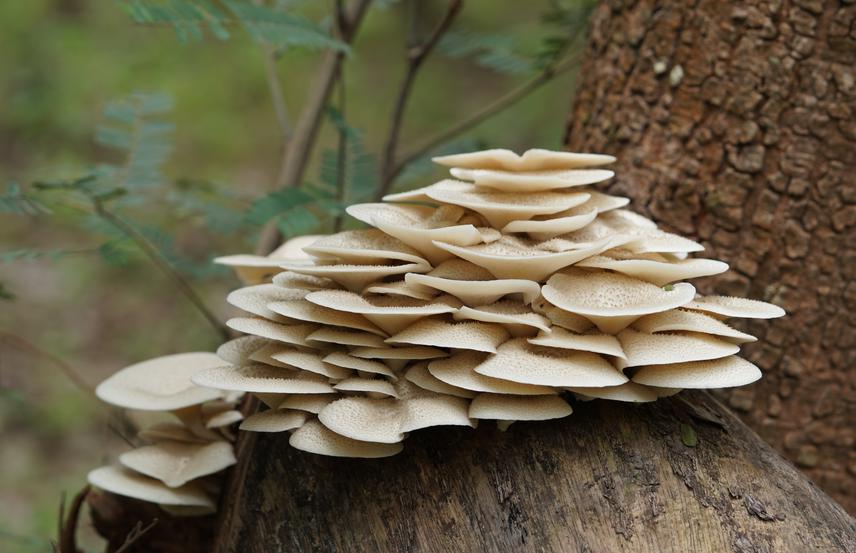Abdoul-Azize Boukary
Other projects
9 May 2025
Bridging Communities and Science to Preserve Wild Edible Mushrooms in Tchaourou, Toui-Kilibo Forest Reserve
Mushrooms are major components of biodiversity and play an important role in ecological processes and nutrient dynamics of terrestrial ecosystems (Frąc et al., 2018). In forest ecosystems, fungi perform several functions to support the diversity and abundance of other taxonomic groups. For example, their fruiting bodies provide habitats and are important food resources for wildlife (Heilmann-Clausen et al., 2015) and for local people. Wild edible mushrooms are food products rich in good quality protein, various vitamins, and minerals and are a good source of dietary fibre (Vetter, 1993, Kuzman, 1997, Manzi et al., 1999, 2001, 2004, Barros et al., 2007, Kolac, 2009, Roupas et al., 2012). In addition, mushrooms have wide application in the treatment of many diseases and have excellent properties of biological (Ribeiro et al., 2006, 2008), antitumor/anticancer (Moradali et al., 2007), antimicrobial (Barros et al., 2007), antioxidants (Lindequist et al., 2005) and still active in situations of hypertension, diabetes, cancer, infections (Bobek et al., 1993).

Lentinus squarrosulus. © BOUKARY A A 2022.
Unfortunately, the availability of this resource is threatened with the gradual disappearance of natural habitats (Degreef et al. 2016). The conservation of mushrooms and their habitat appears today as an urgent activity insofar as mushrooms play a major role on the ecological, food and medicinal level. Our study area (TTK forest reserve) is one of the beautiful habitats which is full of a diversity of edible mushrooms and subjected to different degradation actions (logging, the use of chemical pesticides for agriculture, etc...). Actions that beyond the fact of inducing a disappearance of these edible mushroom’s species, submit local populations to the risk of food insecurity by consuming wild mushrooms. The project aims to preserve TTK forest reserve, natural habitat of edible mushrooms to safeguard them and improve food security in relation to the quality of mushrooms consumed.
Thus, our work proposes to contribute to (1) the restoration of the FC-TTK, by the reforestation of high-value ectomycorrhizal species, (2) an ethnomycological study of the knowledge of edible mushrooms and their frequencies of appearance in recent years, to highlight species that are becoming rare (3) Raise awareness among local populations about the threats linked to poor agricultural practices, a source of the disappearance of useful mushroom species and their consequences on food, (4) Introduce the local people around the forest to the cultivation of mushrooms as a secondary activity.